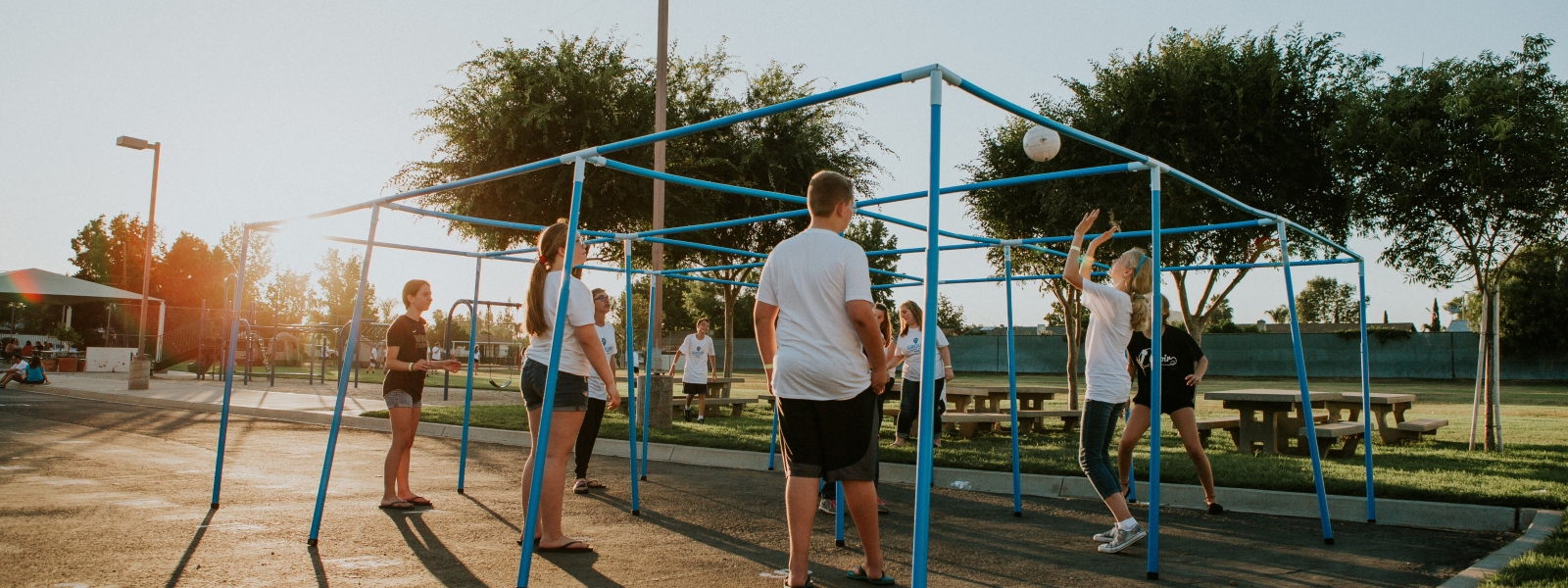How to Help Your Students Maximize Their Summer

For many teenagers, summer means sleeping in, playing video games all day, and maybe hitting the beach to work on their tan. Most students are often overloaded with school and extracurricular activities and are more stressed out by the craziness of life and keeping up with celebrities and their peers. FOMO (the Fear Of Missing Out) has caused preteens and teenagers to latch on to their devices as if they were an electronic leash. The pressure on incoming and graduating seniors is even worse with the increased stress (both internal and external) to try to figure out their next steps as they move into adulthood. It's without question they need the downtime a summer break affords them. While I am all for getting that required rest–doing relaxing things like playing video games, and hitting the beach for some fun in the sun–I wonder if you might consider challenging your students to make this summer something more than merely a time to "check out." As a youth worker, I want to be one of those people in a student’s life (hopefully not the only person in their life) who challenges them to do something significant with their time during the summer. I have seen way too many students do little to nothing of actual value or lasting impact during the summer months. It saddens me to see students miss opportunities, squander potential, or worse, move away from God when the summer is an ideal opportunity to get closer to God, others, and participate in ways they are not always able to during the busyness of the school year. Here are three ways I would encourage you to challenge your students as they head into summer:
Get rest, but don’t be lazy.
Sleep is crucial for health. All of us have read some sort of article reminding all of us the average person needs six to eight hours of uninterrupted sleep each night. Sleep allows our minds to unwind and our bodies to recharge. Sleep helps to stave off disease and assists with relieving stress. It's clear God made our bodies to require periods of rest. Summer is a great time to get some extra "Zzzs." Students can get some much-needed rest, not just physically but also mentally, and emotionally, which is an honorable and spiritual thing. The biblical concept of shalom is something that God intends for us to embrace. It means peace, completeness, welfare (health) in all areas of life. Rest is an essential part of experiencing the shalom of God. Rest means relief, quietness, recreation, and peace. It is typically time to enjoy the fruit of your hard work. Even God rested after He finished creating the world (Genesis 2:2-3). Laziness is another thing altogether; it's a lack of desire to expend effort. While the Bible tells us we need to rest, it warns us against laziness (Proverbs 13:4; 20:4; 20:13; 21:25; 24:30-34). Rest doesn’t mean inactivity; it means doing things that will bring you health and refreshment. The word recreation means to do things that recreate you — things that make you feel alive again. This summer, encourage students and create opportunities for them, to do things that will be fun and refreshing.
Work hard on things that matter.
Challenge your students not to let the only thing they improve this summer be their bodies. Again, improving your physical health isn't a bad thing. Our goal is to help them develop an eternal mindset. Invite them to do things of lasting value. Encourage them to deepen an important friendship, complete a short Bible reading plan or Bible study, find a way to serve their community, share their faith with their friends, help out with VBS, or go on a missions trip. Here's the catch: Don’t just tell them to do these things. Give them tools and opportunities to do them.
Stay connected to the right people.
If you want your students to not only survive but thrive this summer, challenge them to stay connected to people who can help them remain spiritually healthy and steadfast in their faith. At our church, we take a break with our regular programs for the summer months, but we still create opportunities for our youth to gather. Continue to influence them in positive ways. Whether it is attending fun events, going to camp, offering a Bible study (we tie this in with something fun like going swimming), taking students out for ice cream, etc. give students a chance to see their friends, and hang out with your leaders in a more casual and relaxed way than they might be able to during your regular programs during the school year. Hebrews 3:12-14 tells us that staying connected is the key to avoiding the traps of sin (and we know that there are plenty of traps out there during the summer). It also says, "And let us consider how we may spur one another on toward love and good deeds. Let us not give up meeting together, as some are in the habit of doing, but let us encourage one another—and all the more as you see the Day approaching” (Hebrews 10:24-25). Challenge your students not just to veg out this summer, but to engage in ways that are fun and offer opportunities to grow spiritually, relationally, and influentially.
